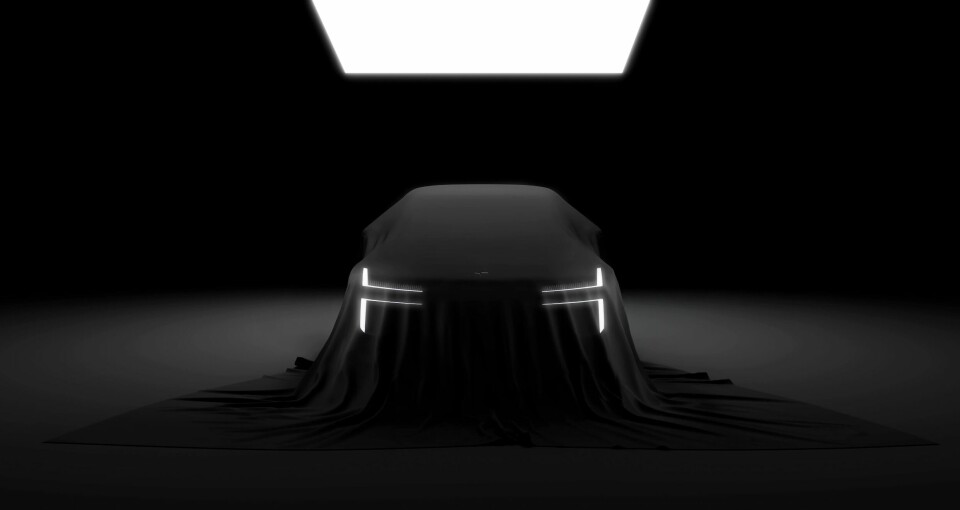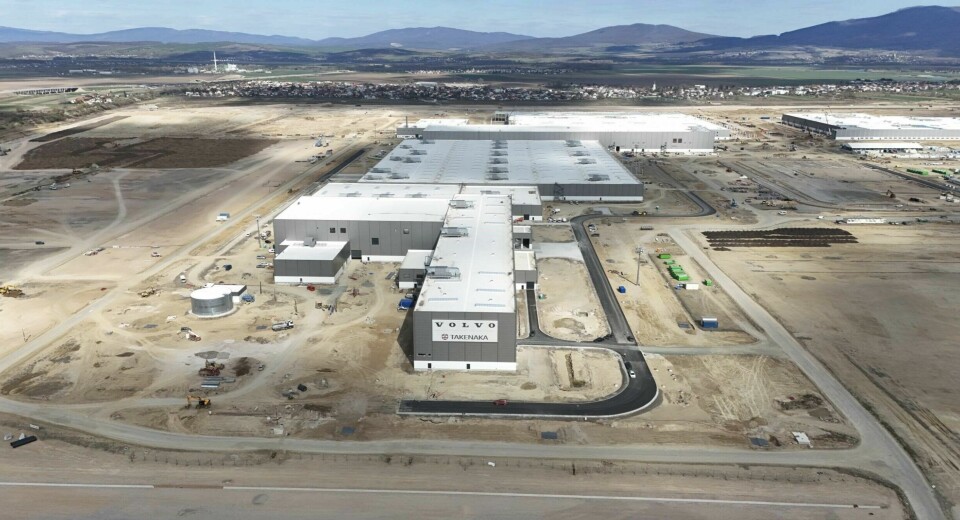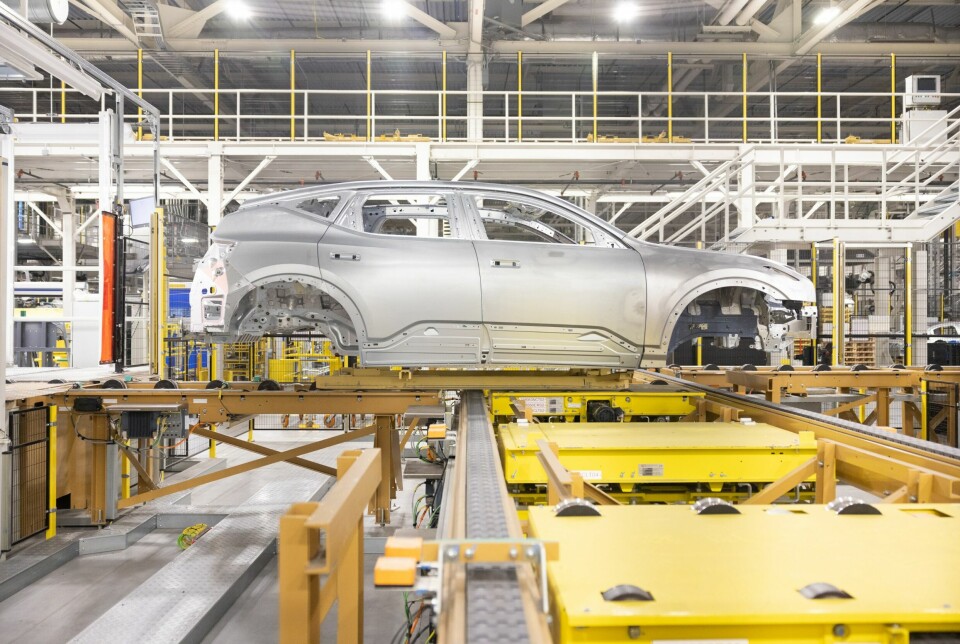Polestar 7 set for European production

Polestar expands European production with new Polestar 7 in Slovakia
Polestar is advancing its production strategy with a new European manufacturing footprint, shared platforms with Volvo Cars, and the forthcoming Polestar 7 SUV set to launch from new Slovakia plant in 2028.
Polestar has taken another step in its global production strategy with the announcement that the upcoming Polestar 7 will be developed and manufactured in Europe. A memorandum of understanding signed with Volvo Cars confirms that the Polestar 7, a premium electric compact SUV slated for launch in 2028, will be built at Volvo's forthcoming factory in Kosice, Slovakia.

Working with Volvo Cars to develop and manufacture Polestar 7 in Europe is a unique opportunity that will strengthen our position in our home market.
This move aligns with Polestar's "asset-light" model – a strategy focused on leveraging the infrastructure and platforms of its parent company, Geely, and sister brands like Volvo. According to Polestar CEO Michael Lohscheller, "Working with Volvo Cars to develop and manufacture Polestar 7 in Europe is a unique opportunity that will strengthen our position in our home market."
The new vehicle will use shared Volvo architectures, including the latest cell-to-body battery integration and next-generation e-motors. The Polestar 7 is also expected to share Volvo's Superset tech stack – which includes a common software base, core system, and cloud infrastructure – with models such as the Volvo EX90, EX60, and Polestar 3.
Kosice Plant: A new EV manufacturing hub
The Kosice facility is Volvo Cars' third European plant and its first new one on the continent in nearly 60 years. Construction began in 2023, and production, originally slated to start in 2026, is now scheduled to begin in early 2027, according to Reuters. The decision to delay initial production by a year was made to optimise Volvo's product launch timeline.

With an annual production capacity of 250,000 vehicles, the Kosice plant will be dedicated exclusively to electric vehicles and is designed to be climate neutral. It benefits from strong transport links, a well-established supplier base, and strategic incentives from the Slovak government.
The facility's location creates a "manufacturing triangle" for Volvo in Europe, complementing the company’s Ghent plant in Belgium and the Torslanda site in Sweden. For Polestar, Kosice represents a critical foothold in Europe, where the brand continues to see strong growth.
Building Polestar 7: Shared platforms, distinct identity
While Polestar 7 will be built using Volvo technology, it will be engineered to retain Polestar’s signature driving dynamics and styling. “With a design and sporty driving characteristics that are instantly recognisable, Polestar 7 will set new standards in the premium compact SUV segment,” said Lohscheller.
The model will benefit from group component sharing, megacasting, and advanced e-motor tech – an approach that reduces production costs and accelerates development timelines. This synergy is part of Polestar's broader effort to use common technologies across the Geely group while maintaining clear brand differentiation through design and performance.
The successful partnership with Volvo continues with earlier collaborations already delivering the Polestar 2 and Polestar 3.
Sharing the plant would be really good for us because, at the end, it's a cost that has to be carried with production volume in the factory.
Asset-light strategy: Scalable and global
Polestar’s decision to co-develop and co-produce vehicles within the Geely ecosystem reflects a broader shift in automotive strategy. Rather than build its own manufacturing plants, the company opts for an "asset-light" model that uses existing group infrastructure. The company says this allows it to focus on vehicle innovation, design, and customer experience without the overhead of managing large-scale production facilities.
According to Reuters, Volvo Cars CEO Håkan Samuelsson has emphasised the benefits of such synergies. "Sharing the plant would be really good for us because, at the end, it's a cost that has to be carried with production volume in the factory," he told analysts in April.
This leaner, partnership-driven strategy also helps Polestar navigate economic pressures. As Samuelsson returned to lead Volvo, he initiated cost-cutting programs and deeper integration with Geely's global supply chain. For Polestar, this creates access to scale without the liabilities of capital-intensive plant ownership.
Current production operations

Polestar currently manufactures the Polestar 2 in Luqiao, China, at a factory operated by Volvo Cars, and has added Polestar 3 and Polestar 4 production in Hangzhou Bay. The Polestar 3 is also being produced at Volvo Car’s plant in South Carolina, US.
Polestar 5 and Polestar 6, the brand's upcoming performance models, are also planned under this model. While final production locations for those vehicles have not been publicly confirmed, it's expected they will follow similar patterns of collaboration within the Geely network.
As Polestar expands into more markets and launches new models, the company is doubling down on this efficient production strategy, focusing on speed to market, quality, and brand distinction.
Looking ahead
The Polestar 7 is a significant leap for the brand, not only as a new model but as a symbol of Polestar's maturing production philosophy. By integrating into Volvo's European manufacturing triangle, adopting advanced EV platforms, and staying agile through its asset-light approach, Polestar is positioning itself for scalable global growth.
"This collaboration builds on the success of our joint efforts on the widely acclaimed Polestar 2 and Polestar 3," said Samuelsson. With production now set for 2028, the Polestar 7 is shaping up to be a defining vehicle in the next phase of Polestar’s evolution.


